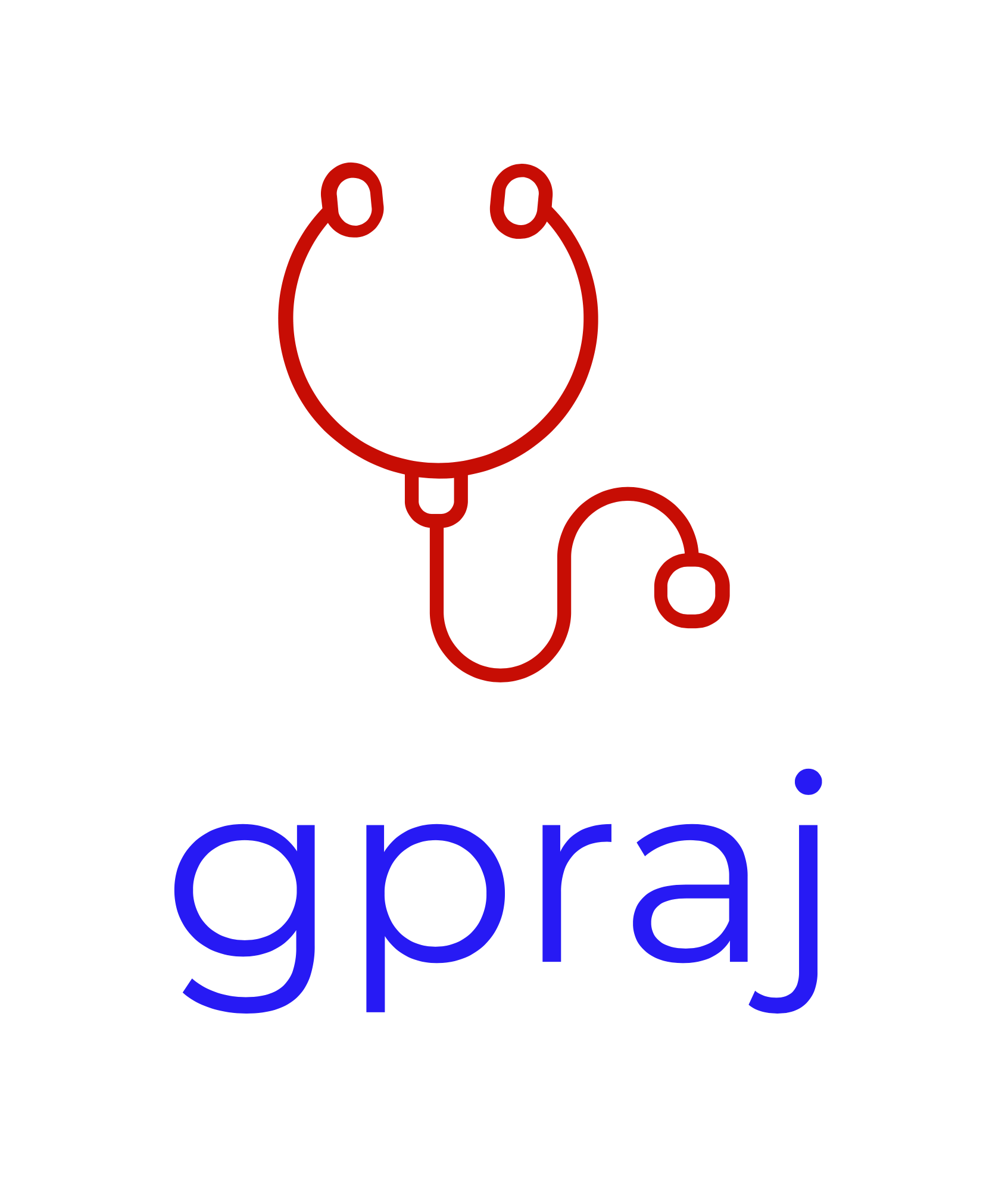Suspected colorectal or anal cancer: recognition and referral
Symptoms
Rectal bleeding and/or blood in stools
Change in bowel habit, particularly increased frequency and looser stools
Abdominal pain and/or bloatedness
Weight loss
Primary care investigation
Iron-deficiency anaemia
[Faecal occult bleeding]
Signs
Abdominal masses [RIF, LIF]
Anorectal mass on DRE*
Anal ulceration
*DRE is digital rectal examination
May also present as:
Acute onset bowel obstruction
Advanced cancer stage: Weight loss, Jaundice, Hepatomegaly (liver metastases), Ascites (peritoneal metastases)
Beware of misconception (particularly salient in primary care)
Rectal bleeding caused by haemorrhoids rather than colorectal malignancy!
or,
Change in bowel habit, particularly decreased frequency and harder stools (although constipation is rarely caused by serious bowel pathology)
If there is clinical doubt or uncertainty or if symptoms persist beyond 4 weeks, despite treatments, recommend urgent colorectal assessment
NICE criteria for high-risk symptomatic patients (require urgent 2ww referral)
>40y: unexplained weight loss AND abdominal pain (especially worrying if >60y)
>50y: unexplained rectal bleeding
>60y: iron‑deficiency anaemia OR changes in their bowel habit
<50y: rectal bleeding and any [change in bowel habit, abdominal pain, weight loss or iron‑deficiency anaemia]
[Age]: rectal or abdominal mass
FIT test is positive
Quantitative faecal immunochemical testing (FIT) to triage low-risk symptomatic patients in primary care
Low-risk are patients, 50y-60y, without rectal bleeding, who have unexplained bowel symptoms (CIBH, abdominal pain), but do not meet the criteria for a suspected cancer referral pathway.
This group has a risk of cancer between 0.1% to 3%.
Perform faecal occult blood test (FIT test)
If FIT test is positive, refer for Colonoscopy or CT colonography
However, if FIT test is negative, and unexplained symptoms persist, then referral for colorectal investigation (colonoscopy or CT colonography) is warranted.
Note of caution when using faecal occult blood (FIT) test
FIT test is positive in colorectal cancer, colorectal polyps, inflammatory bowel disease and diverticulosis.
FIT testing is NOT RECOMMENDED in high-risk symptomatic patients and urgent referral for colorectal investigation is appropriate
